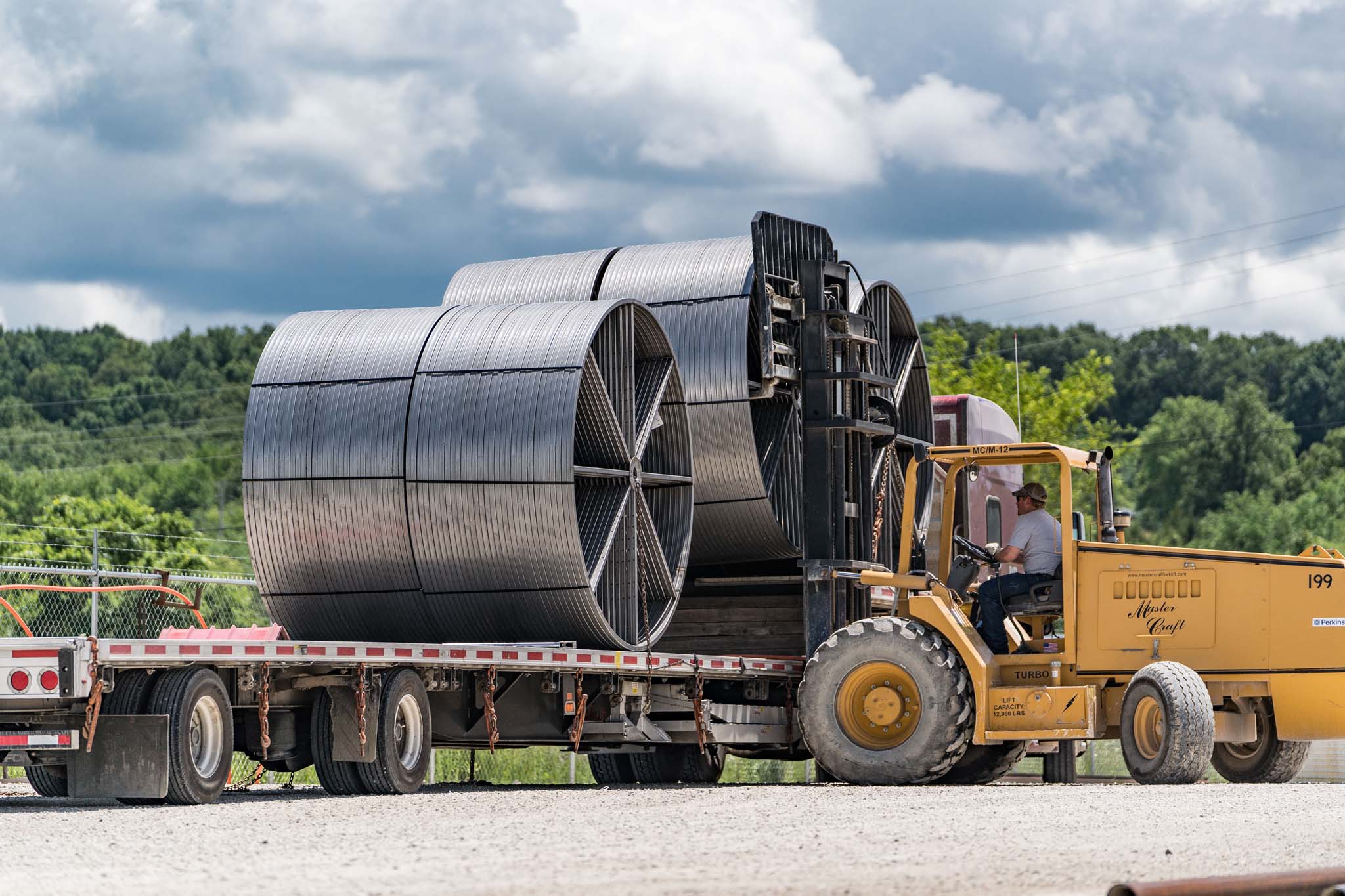Searching for homeassure reviews and getting mixed signals? You’re not alone. Below is a clear, Google-friendly breakdown of what HomeAssure is, where real customer feedback appears, what people seem to like (and dislike), and how to decide if a home warranty from this provider is right for you—without fluff, repetition, or hype.
What Is HomeAssure?
HomeAssure is presented as a home warranty provider offering protection plans for household systems and appliances. Its website emphasizes convenience and comprehensive coverage for both new and long-time homeowners. That puts it in the same general category as other service-contract companies that arrange repairs or replacements when covered items break due to normal wear and tear.
Important: Don’t confuse today’s home-warranty brand HomeAssure with “Home Assure, LLC,” a different entity that was the subject of a 2009 U.S. Federal Trade Commission case related to foreclosure relief. That older case involved a separate business model and era, not home warranties. Federal Trade Commission
Where to Find Real-World Feedback
Independent snapshots of consumer experience often start with third-party listings:
- Better Business Bureau (BBB): A profile for Home Assure Administration (Overland Park, Kansas) notes BBB accreditation since April 10, 2021, and shows a record of customer complaints, which is typical for warranty companies and worth reviewing for patterns rather than raw counts alone.
- Another BBB listing shows Home Assure in Scottsdale, Arizona, marked “Not BBB Accredited.” The presence of multiple similarly named entries can confuse shoppers—always verify addresses and corporate details before you buy. Better Business Bureau
- Media/PR coverage: A 2024–2025 run of marketing articles and posts highlight HomeAssure Admin’s positioning and claim positive sentiment around its claims process; treat promotional pieces as one data point and cross-check with neutral sources.
Plans and Coverage: What to Expect
Home warranty plans generally cover major appliances (e.g., refrigerator, oven, washer) and home systems (HVAC, electrical, plumbing). HomeAssure markets “home protection plans” with the typical promise of sending a technician when covered items fail. Exact inclusions, exclusions, service call fees, and payout limits vary by plan—so read the sample contract carefully before enrolling. HomeAssure Admin
What to check in the fine print:
- Service fee per call (also called trade call fee)
- Coverage caps per item and per term
- Pre-existing condition clauses and maintenance requirements
- Timelines for claim approval and contractor dispatch
- Exclusions (e.g., cosmetic damage, improper installation)
What Customers Appear to Praise
Across general home-warranty discussions, buyers often appreciate clear communication, straightforward claim approvals, and technicians who actually fix the problem on the first visit. Promotional coverage of HomeAssure Admin echoes the “transparent claims process” angle—useful if your priority is quick resolutions rather than spending weekends calling contractors. Still, consider such write-ups as marketing-adjacent and verify with complaint-resolution histories. Programming Insider
Common Complaints to Watch For
Home warranties—no matter the brand—draw recurring consumer frustrations. When you read homeassure reviews, watch for these themes:
- Denied claims due to exclusions or maintenance disputes
- Delays in scheduling service or sourcing parts
- Limited contractor networks in certain regions
- Coverage caps that don’t fully cover expensive repairs
- Confusion over multiple similarly named entities, which can complicate who you’re actually contracting with
BBB pages for HomeAssure-named entities show complaints exist (as they do for most warranty firms). Don’t focus only on totals; read complaint narratives and, importantly, the company’s responses and resolutions to judge service culture.
Pricing: How to Evaluate a Quote
Home warranty pricing depends on plan scope, property type, location, and add-ons. To compare apples to apples:
- List your must-cover items (HVAC, fridge, washer/dryer) and drop rarely used items.
- Ask for the service fee and how it applies if multiple trades are needed on the same problem.
- Confirm caps for high-ticket systems (compressors, heat exchangers).
- Check cancellation and refund terms—some charge administrative fees.
- Request the full contract before paying; never rely solely on a brochure.
How HomeAssure Compares (What to Measure)
When comparing HomeAssure with other warranty providers, judge them on five practical pillars:
- Transparency: Are caps, exclusions, and fees spelled out clearly?
- Speed: Average time from claim submission to technician visit.
- Quality of contractors: Licensing, reviews, and parts availability in your ZIP code.
- Customer support: Phone/web/app options, weekend coverage, and escalation paths.
- Reputation signals: BBB accreditation status, complaint-resolution rate, and consistency across business listings.
Who HomeAssure Might Suit Best
- Busy homeowners who prefer a single point of contact for breakdowns
- First-time buyers anxious about unexpected repair costs in year one
- Landlords who want predictable service fees and outsourced scheduling
- Budget planners who’d rather pay a fixed annual premium plus service fees than risk a large out-of-pocket repair
If you’re handy, already have trusted local contractors, or prefer to self-insure by saving for repairs, a warranty may be less compelling.
Due Diligence Checklist (Use Before You Buy)
- Match the legal business name and address on the contract to the website and BBB page. Better Business Bureau+1
- Read the sample contract end-to-end (especially exclusions and caps).
- Call customer support with a specific scenario (e.g., “AC compressor failed—what happens?”) and note their answer.
- Confirm contractor availability in your area and whether you can choose your own if the network is thin.
- Ask about claim timelines and parts sourcing for your brand of appliances/HVAC.
- If you see online praise or criticism, look for patterns across multiple months rather than one-off anecdotes.
Verdict: Is HomeAssure Worth It?
If you value predictability, want help coordinating repairs, and can accept the trade-offs of exclusions and caps, HomeAssure can be worth a look. Its site positions it as a comprehensive protection provider, and accreditation on at least one BBB profile suggests a willingness to operate within consumer-protection expectations—though accreditation alone does not guarantee a hassle-free experience. Always verify which HomeAssure entity you’re contracting with, read the full agreement, and weigh real complaint-resolution patterns in your region before signing. HomeAssure AdminBetter Business Bureau+1
Quick FAQ
Is HomeAssure the same as “Home Assure, LLC” from 2009?
No. The 2009 FTC case targeted a different company involved in foreclosure-relief services, not today’s home-warranty plans. Don’t conflate the two when researching reviews. Federal Trade Commission
Where should I start reading reviews?
Check BBB profiles for the exact legal name and location on your quote, then read complaint narratives and company responses to spot service patterns. Layer in other third-party mentions, but treat promotional articles as secondary. Better Business Bureau+1Programming Insider
Bottom line for shoppers: Match your expectations to the contract. If the limits, fees, and timelines align with how you use your home, a HomeAssure plan may fit. If not, consider self-insuring or sticking with trusted local technicians.










